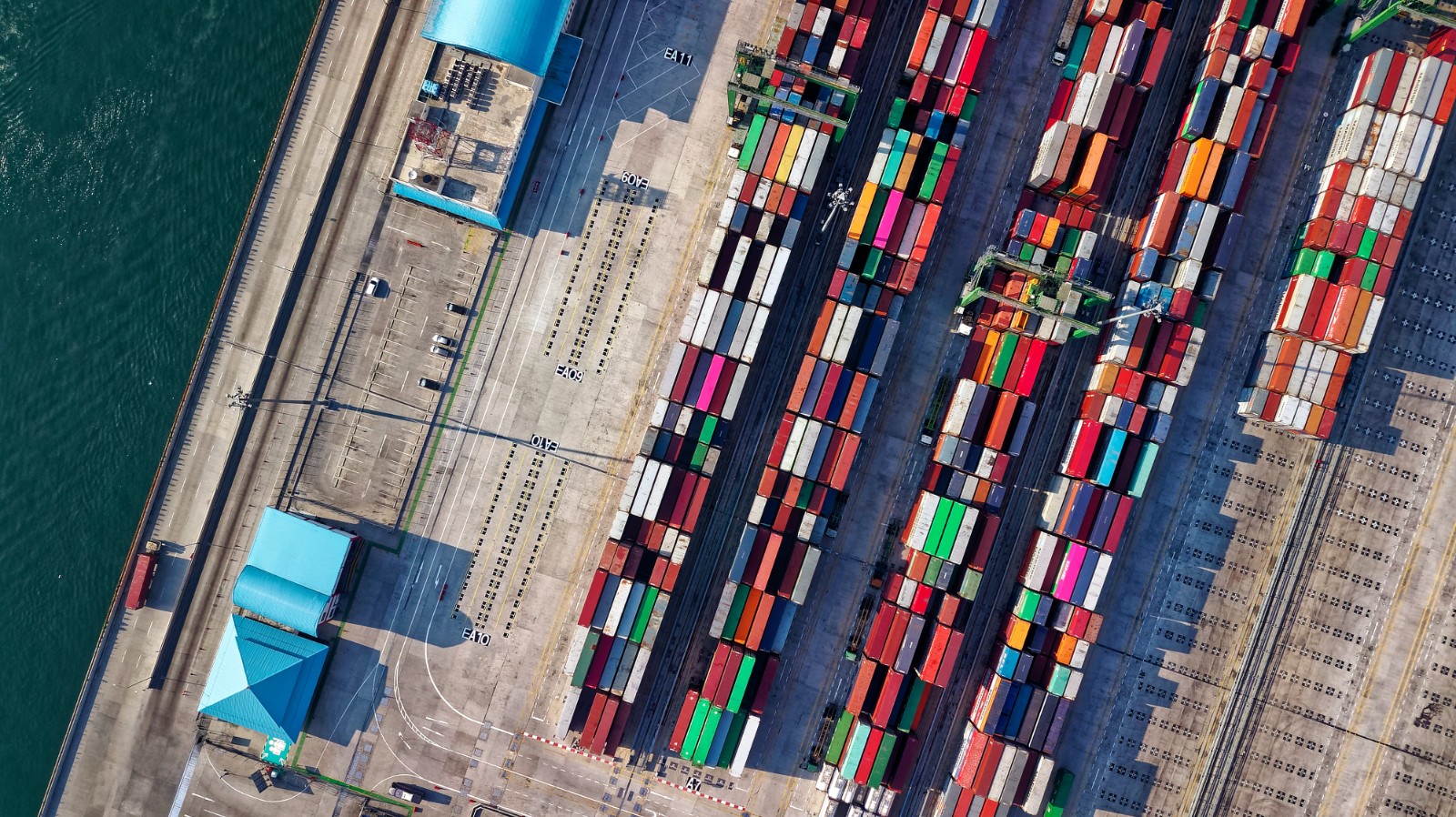Be your Logistics Department in China
Customized logistics solutions, your logistics expert in China
Customized logistics solutions, Shipping from China to the World
Tel:+8613424475220 Email:info@viputrans.com 
A Comprehensive Guide to DDU Incoterms
In international trade, understanding the various Incoterms is crucial to ensure smooth and efficient transactions. One such term is Delivered Duty Paid (DDU), which plays a significant role in defining the responsibilities and costs between buyers and sellers. This blog post aims to provide a comprehensive overview of DDU Incoterms, highlighting its key features, benefits, and potential challenges.
Incoterms, short for International Commercial Terms, are a set of standardized rules that define the rights and obligations of buyers and sellers in international trade. These terms outline who is responsible for the costs, risks, and tasks associated with transporting and delivering goods.

Delivered Duty Paid (DDU) is an Incoterm where the seller is responsible for delivering the goods to the buyer at the agreed-upon destination, cleared for import, but excluding any import duties or taxes. The seller bears all risks and costs until the goods are delivered.
Delivery: The seller is responsible for ensuring the goods reach the agreed destination.
Import Clearance: The seller is responsible for clearing the goods for import, including any necessary documentation.
Duties and Taxes: The buyer is responsible for paying any import duties or taxes.
Packaging and Labeling: The seller must ensure that the goods are properly packaged and labeled for transportation.
Export Clearance: The seller is responsible for obtaining any necessary export licenses or permits.
Transportation: The seller must arrange and pay for the transportation of the goods to the agreed destination.
Unloading: The buyer is responsible for unloading the goods at the destination.
Import Clearance: The buyer must handle any import clearance procedures and pay any applicable duties or taxes.
Transportation: The buyer is responsible for arranging and paying for any further transportation after the goods have been delivered.

By utilizing DDU Incoterms, buyers can save on transportation costs, as the seller is responsible for arranging and paying for the initial transportation to the agreed destination.
With the seller taking care of export clearance and the buyer handling import clearance, DDU Incoterms helps streamline administrative processes, reducing paperwork and saving time.
DDU Incoterms clearly define the point at which the seller's responsibility ends and the buyer's responsibility begins. This ensures a transparent allocation of risks between the parties involved.
Navigating customs regulations and completing the necessary documentation can be complex and time-consuming. Both parties need to stay updated on any changes and ensure compliance with the relevant regulations.
International trade often involves dealing with parties from different countries and cultures. Effective communication and understanding of each other's expectations are essential to avoid misunderstandings and disputes.
Coordinating transportation and logistics can present challenges, especially when dealing with international shipments. Factors such as distance, modes of transport, and customs procedures need to be carefully considered and planned.
Delivered Duty Paid (DDU) Incoterms provide a clear framework for buyers and sellers involved in international trade, defining their respective responsibilities and costs. By understanding and utilizing DDU Incoterms effectively, parties can navigate the complexities of cross-border transactions more efficiently, leading to smoother operations and reduced risks.
DDP shipments may have higher upfront costs because express couriers process the payment to customs on behalf of the buyer but for an additional fee. However, these fees are fixed and can be 3-4 times cheaper than DDU brokerage fees.
DDP (Delivered Duties Paid), DAP (Delivered At Place), and DDU (Delivered Duty Unpaid) are different incoterms that affect customs clearance for international shipments.
Packages arriving at a DDU are typically sorted to carrier routes and sent out for delivery within one day or less from arrival at the destination.
In DDU, the buyer is responsible for the costs of delivery and often physical delivery itself, once they have signed for the shipment. Unlike DDP, where the seller takes more responsibility for delivery costs up to the consignee's doorstep.
DDU does not provide door-to-door delivery. The customer orders the shipment to their address, but unloading should be done by the recipient. If goods are damaged during unloading, the risk lies with the buyer, which can lead to customer dissatisfaction.
DDP imposes the highest risk on sellers as they have to assume all charges up to the point of delivery. It is a good Incoterm for buyers who know the total transportation cost but can be disadvantageous for sellers.
In a DDP agreement, the seller is responsible for all shipping costs, customs clearance fees, import duties, and VAT. Essentially, the seller pays for all fees associated with getting the goods to the buyer.
DDP shipping terms provide the advantage of understanding the true shipping costs from the beginning, as the buyer pays for all transportation costs, including import duty and taxes. It can also help avoid delays at customs, as all documentation will be in order before the goods arrive.
DDU (Delivered Duty Unpaid) means that when the package arrives at its destination country, the receiver will be contacted by customs to pay any customs duty owed before it is released.
Copyright © 2003-2025 VIPU Supply Chain Logistics Co., Ltd. | All Rights Reserved
LOGISTICS | E-COMMERCIAL FULFILLMENT | ABOUT US | CASE | NEWS | VIDEO | CONTACT US
We will find the fastest or the cheapest way for your shipment. Please specify: where from, where to, what to ship.